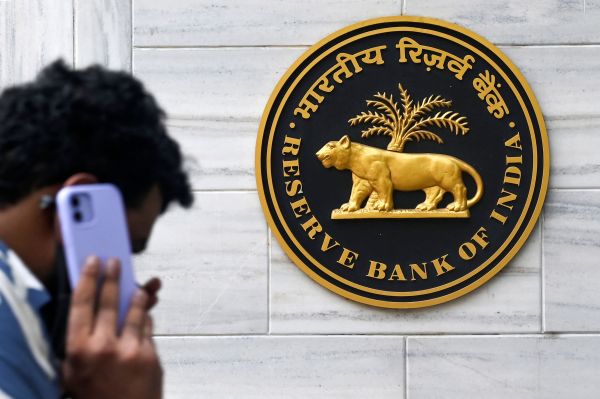[ad_1]

The Indian central bank’s governor said on Wednesday that it’s not at war with crypto, but asserted that cryptocurrencies have no underlying fundamentals and their usage should be prohibited.
RBI Governor Shaktikanta Das told a room packed with banking executives and lawmakers that crypto has a huge inherent risk to the macroeconomic and stability of the nation. “After the development of the last one year, including the latest episode surrounding FTX, I don’t think we need to say anything more. Time has proven that crypto is worth what it’s worth today.”
“Change in value in any so-called product is the function of the market. But unlike any other asset or product, our main concern with crypto is that it doesn’t have any underlying whatsoever. I think crypto or private cryptocurrency is a fashionable way of describing what is otherwise a 100% speculative activity,” said Das.
Das said crypto owes its origin to the idea that it bypasses or breaks the existing financial system. “They don’t believe in the central bank, they don’t believe in a regulated financial world. I’m yet to hear a good argument about what public purpose it serves,” he said, adding that he holds the view that crypto should be prohibited.
“It should be prohibited because if it is allowed to grow … say it’s regulated and allowed to grow … please mark my words that the next financial crisis will come from private cryptocurrencies,” he said.
India is among the nations that has taken a stringent approach at handling cryptocurrencies. Earlier this year, it began taxing virtual currencies, levying a 30% tax on the gains and a 1% deduction on each crypto transaction.
The nation’s move, alongside the market downturn, has severely depleted the transactions local exchanges CoinSwitch Kuber, backed by Sequoia India and Andreessen Horowitz, and CoinDCX, backed by Pantera, process in the nation.
Changpeng “CZ” Zhao, founder and chief executive of the world’s largest crypto exchange Binance, told TechCrunch in a recent interview that the firm doesn’t see India as a “very crypto-friendly environment.” He said the firm is attempting to relay its concerns to the local authority about the local taxation, but asserted that tax policies typically take a long time to change.
“Binance goes to countries where regulations are pro-crypto and pro-business. We don’t go to countries where we won’t have a sustainable business — or any business, regardless of whether or not we go,” he said.
Coinbase, which has backed both CoinDCX and CoinSwitch Kuber, launched its crypto platform in the country earlier this year but quickly rolled back the service amid a regulatory scare. Coinbase co-founder and chief executive Brian Armstrong said in May that the firm disabled Coinbase’s support for local payments infra UPI “because of some informal pressure from the [central bank] Reserve Bank of India.”
“Crypto closed 2021 with the narrative that finance as we know it was slow, inefficient and clumsy. Defi and DAOs were the path forward. Crypto prices, in their own jargon, were mooning and investors were HODLing. Since May 2022, cryptos have lost some of the shine — two-thirds of the value. Failure of some entities have caused the ecosystem to unravel,” T. Rabi Sankar, Deputy Governor of RBI, who once likened crypto to tulip and Ponzi scheme, said Wednesday.
“The technology that was heralded as the end of government, and regulators and intermediaries — the underlying philosophy of crypto — is now frantically seeking to be regulated,” he said.
[ad_2]
Source link
